Студентам факультету інформаційних технологій вручили сертифікати про завершення курсів мережевої академії Cisco
У рамках святкування Дня університету на факультеті інформаційних технологій відбувся круглий стіл за участю головного менеджера програм Cisco Networking Academy в Україні та Білорусі Оленою Домотенко. Оскільки компанія CISCO є світовим лідером виробництва мережевого обладнання, технологічно розвиває напрями інтернет-речей, опрацювання великих даних тощо, співпраця з нею дає змогу вивести навчання на факультеті на більш якісний рівень. З грудня 2015 року на факультеті відкрито локальну академію Cisco. Варто звернути увагу, що навчальні курси, розроблені компанією Cisco, – досить насичені і складають 70-240 годин. Курси можуть викладати тільки сертифіковані інструктори, які пройшли підвищення кваліфікації у сертифікаційних центрах (на факультеті таких чотири). Протягом другого семестру студенти факультету інформаційних технологій проходили навчання в академії за курсами: «Основи ІТ», «Операційна система Linux», «Загальний Інтернет». Під час круглого столу було розглянуто і проаналізовано проведену роботу, окреслено короткострокову і довгострокову перспективу.
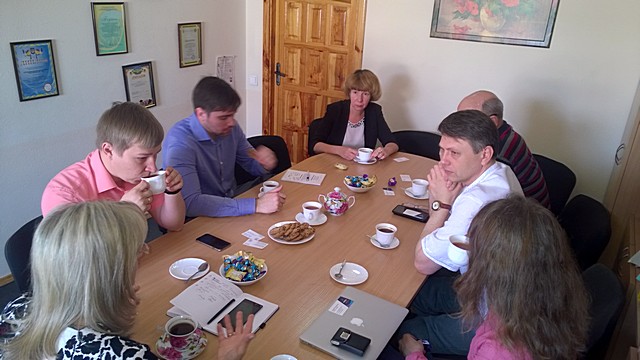
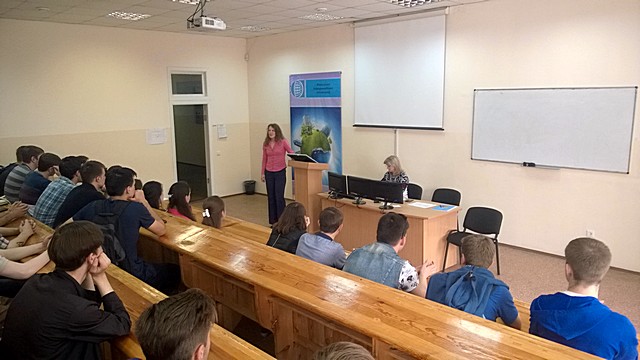
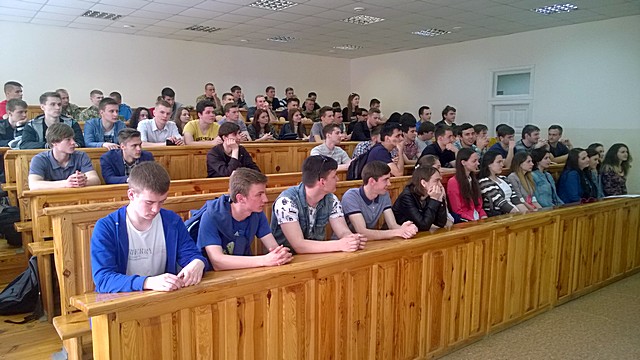
Олена Домотенко разом з деканом факультету Оленою Глазуновою та викладачами Таісією Саяпіною, Тетяною Волошиною, Оленою Кузьмінською, Андрієм Блозвою вручили першим випускникам мережевої академії Cisco сертифікати про завершення курсів. Олена Домотенко привітала студентів та зазначила, що потрібно використовувати будь-яку можливість для підвищення їх конкурентоспроможності на ринку ІТ індустрії та подякувала викладачам і за пророблену титанічну працю.

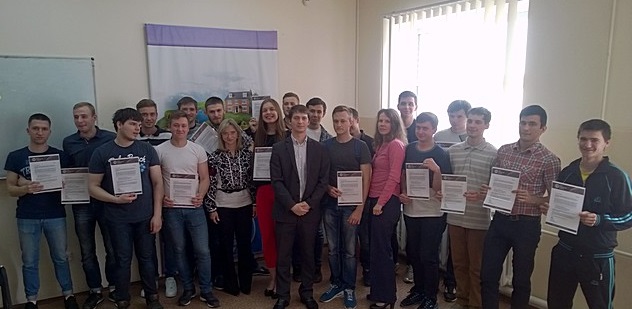
Андрій Блозва,
керівник академії Cisco в НУБіП України,
асистент кафедри комп’ютерних наук